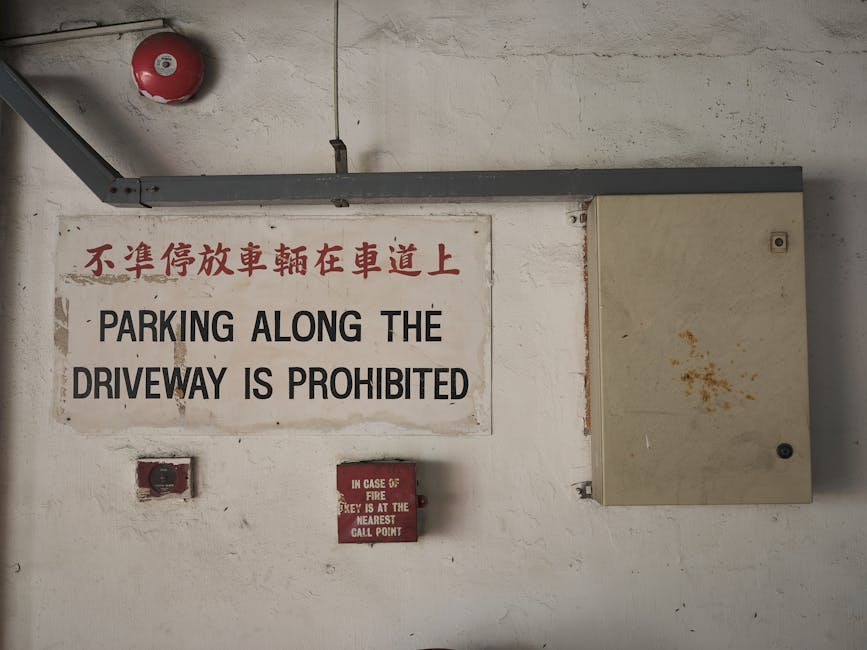Cashier Recruitment Compliance GCC
Understanding GCC Labor Law Fundamentals
Firstly, the GCC consists of six member states: Saudi Arabia, UAE, Qatar, Kuwait, Oman, and Bahrain. Each nation has its own labor law, but they share common principles. For example, the UAE’s Ministerial Decree No. 46 of 2022 outlines specific rules for private sector employment. Similarly, Saudi Arabia’s Labor Law under the Human Resources Development Fund (HRDF) sets clear guidelines. Additionally, these laws mandate fair wages, working hours, and termination procedures. Importantly, non-compliance can result in heavy fines and business license suspension.
Key Compliance Requirements for Cashier Recruitment
Furthermore, recruiting a cashier in the GCC involves multiple legal steps. You must obtain proper work permits and residency visas. Also, you need to adhere to wage protection systems and standardized contract formats.
Mandatory Documentation and Work Permits
Every foreign cashier requires a valid work permit and residency visa. This process involves:
- Approval from the Ministry of Human Resources and Emiratisation (MOHRE) in UAE
- Medical fitness tests at authorized centers
- Emirates ID registration and biometric scanning
- Labor contract attestation by the ministry
Similarly, in Saudi Arabia, you must process permits through the Qiwa platform.
Emiratization Policies and Quotas
Moreover, Emiratization laws require private sector firms to hire UAE nationals. Specifically, the Nafis program sets escalating quotas for skilled roles. For instance, cashier positions in certain sectors now fall under these mandates. Consequently, companies must achieve specific percentages of Emirati employees. Otherwise, they face financial contributions and restrictions on new work permits.
Region-Specific Cashier Recruitment Rules
However, compliance varies across GCC states. Therefore, you must understand each country’s unique requirements.
UAE Cashier Recruitment Compliance
In the UAE, cashiers typically fall under Skill Level 3 occupations. The Ministry of Human Resources and Emiratisation mandates:
- Minimum educational certificate (high school diploma or equivalent)
- Standardized limited-term contract (usually 2-3 years)
- Mandatory enrollment in the Unemployment Insurance Scheme (ILS)
- Wage protection system (WPS) registration for salary transfers
Saudi Cashier Recruitment Regulations
Saudi Arabia’s cashier compliance focuses on Vision 2030 Saudization goals. Key requirements include:
- Nitaqat program compliance for localization quotas
- GOSI registration for social security contributions
- Minimum monthly wage standards (often around SAR 3,000-4,000)
- Mandatory vocational training for certain retail roles
Essential Steps for Compliant Cashier Hiring
Next, follow this structured approach to ensure full compliance during recruitment.
Step 1: Labor Market Testing and Approval
Firstly, you must prove no suitable national candidate is available. This involves advertising the role on government portals like UAE’s Khibrat or Saudi’s Qiwa.
Step 2: Offer Letter and Contract Compliance
Secondly, issue a detailed offer letter stating salary, benefits, and job duties. Then, use the MOHRE-standard contract template. Importantly, avoid any changes after attestation.
Step 3: Visa and Immigration Processing
Thirdly, apply for entry permits, medical tests, and Emirates ID. Subsequently, arrange biometrics and stamp the residency visa.
Step 4: Onboarding and Policy Training
Finally, conduct orientation on company policies, code of conduct, and safety protocols. Also, provide training on POS systems and anti-fraud measures.
Common Compliance Pitfalls in GCC Cashier Hiring
Meanwhile, many employers face challenges in maintaining compliance. Typical mistakes include:
- Misclassifying employment contracts (limited vs. unlimited)
- Failing to meet Emiratization or Saudization targets
- Delaying salary payments outside WPS guidelines
- Neglecting mandatory insurance enrollments
- Overlooking mid-contract modification rules
Consequently, these errors lead to fines, bans, and operational disruptions.
Penalties for Non-Compliance in GCC Recruitment
Additionally, penalties for violating cashier recruitment rules are severe. For example, UAE’s MOHRE imposes fines up to AED 100,000 for fake Emiratization. Similarly, Saudi Arabia penalizes Nitaqat non-compliance with work permit blocks. Moreover, repeat offenders face license suspension and public naming.
Best Practices for Ongoing Compliance Management
Therefore, adopt these strategies to maintain continuous compliance:
- Conduct regular internal audits of HR files and contracts
- Use digital payroll systems integrated with WPS
- Subscribe to government updates on labor law changes
- Partner with certified HR consultants for guidance
- Train HR staff on latest regulatory developments
Future Trends in GCC Cashier Recruitment Compliance
Looking ahead, GCC states are digitalizing labor processes. For instance, UAE’s virtual work permit system streamlines approvals. Similarly, Saudi’s Qiwa platform automates quota monitoring. Furthermore, expect stricter localization targets and higher minimum wages. Hence, businesses must stay agile and proactive.
Frequently Asked Questions
What are the basic requirements to hire a cashier in UAE?
You need MOHRE approval, a attested contract, valid visa, Emirates ID, and WPS registration. Additionally, you must meet Emiratization quotas if applicable.
How does Emiratization affect cashier recruitment in GCC?
Emiratization requires hiring UAE nationals in private sector roles. Specifically, retail sectors have escalating annual quotas. Non-compliance results in financial penalties.
What is the minimum salary for a cashier in Saudi Arabia?
Typically, SAR 3,000-4,000 monthly, but it varies by region and company size. Importantly, you must meet or exceed the wage specified in the attested contract.
Can I recruit a cashier on a part-time basis in GCC?
Yes, part-time contracts are permitted under specific conditions. However, you must still comply with visa rules, labor laws, and mandatory benefits.
What penalties apply for late salary payments?
Late payments via non-WPS methods incur fines from AED 5,000 to AED 50,000 per worker. Repeated violations lead to work permit bans.
Conclusion: Ensuring Compliant Cashier Recruitment in GCC
In conclusion, navigating cashier recruitment compliance in GCC requires meticulous attention to detail. Firstly, understand country-specific labor laws and localization policies. Secondly, follow structured processes for documentation, visas, and contracts. Thirdly, implement ongoing compliance checks and training. Ultimately, adherence to these rules protects your business and ensures sustainable operations. For personalized guidance on your recruitment needs, contact our HR experts today. Alternatively, book a consultation to develop a customized compliance strategy.




